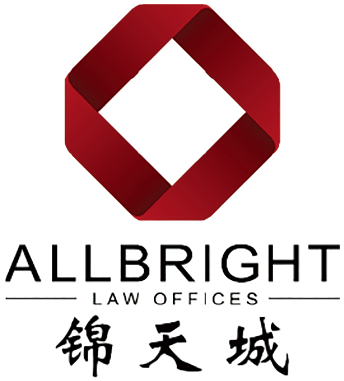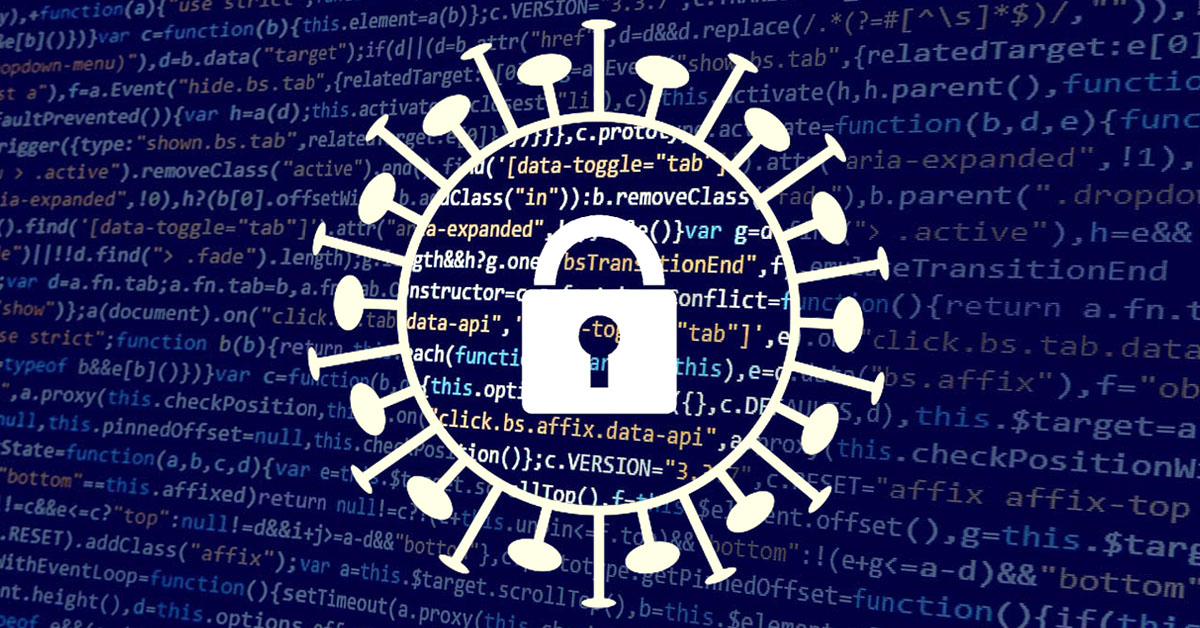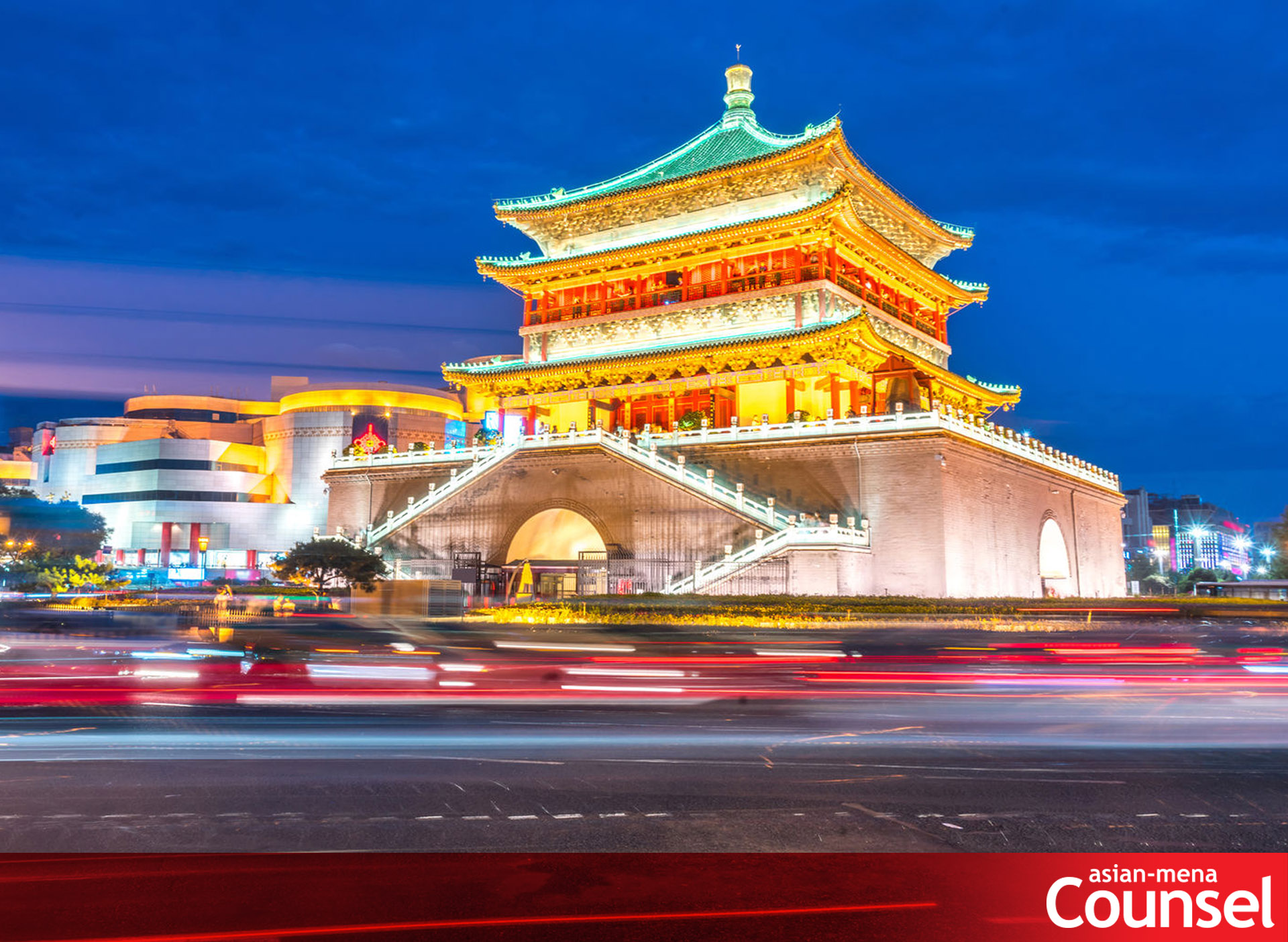
By Sharon Shi and Yongliang Wang of AllBright Law Offices
E: sharonshi@allbrightlaw.com
E: wangyongliang@allbrightlaw.com
Currently, epidemic prevention supplies have special uses and significant importance, not only for the smooth development of economic activities, but also for China’s international image. Both import and export are subject to strict regulation.
I. Recent regulatory policies and requirements
Four major governmental documents closely related to the export and import of epidemic prevention supplies have been issued recently.
Customs Announcement No.46 of 2020 introduced the Table for Correspondence between the H.S. Codes of Special Goods and Their Inspection and Quarantine Names.
Customs Announcement No.53 of 2020 included medical supplies to the scope of exported goods that are subject to customs inspection.
Ministry of Commerce, General Administration of Customs, and National Medical Products Administration Announcement No.5 of 2020 stipulates that from April 1, 2020, enterprises exporting Covid-19 testing reagents, medical masks, medical protective suits, ventilators and infrared thermometers must provide a written or electronic declaration to the Customs when making customs declaration, making a commitment that the exported products have obtained China’s medical device registration certificate and have met the required quality standard of the importing country (region).
Ministry of Commerce, General Administration of Customs, and State Administration of Market Supervision Announcement No.12 of 2020 stipulates that to enhance the quality regulation of exported non-medical masks and further regulate the order of export of medical supplies, from April 26, non-medical face masks for export should comply with Chinese quality standards or foreign quality standards.
So how to comply with these regulations? Here is some brief advice.
II. Compliance advice
First, compliance with regulatory requirements is more important than innovation.
It is important to distinguish four common ways of importing and exporting the same medical supplies: as goods, as articles (carry-on or postal), via express mail, and via cross-border e-commerce.
Personal mails in and out of the country shall be limited to a reasonable quantity for personal use. Commercial mails for export shall be processed for customs clearance in accordance with the provisions on the specific goods. When enterprises send epidemic prevention materials such as masks abroad, they shall follow the customs clearance procedures for Class C express or general cargo. If the goods are to be cleared as general cargo, the corresponding customs clearance procedures shall be carried out according to the specific type of exported goods.
Second, fully understand the regulatory rules of foreign trade, do not take foreign trade as domestic trade.
Exporters should be equipped with a considerable amount of foreign trade knowledge and be prepared for pre-operational compliance: know your product (medical or non-medical); understand your own needs and choose the right way to export; understand the regulatory requirements for domestic medical device registration; understand customs regulatory requirements, joint statements and commitments; understand the access requirements of overseas markets; understand the requirements for pre-shipment inspection by customs.
Third, note that H.S. code is the foundation for determining customs control, which exporters and importers should be familiar with.
Fourth, focus on the differences between regulatory conditions for medical and non-medical products.
Identify if there is a filter valve. A mask with a filter valve is usually not a medical mask. For example, Article 4.3 of China’s medical protective mask standard GB 19803-2010 clearly states that “the mask should not have an exhalation valve”, so as to avoid droplets, microorganisms, etc. exhaled through the exhalation valve, thus endangering others. However, masks for non-medical use may have exhalation valves since the valve can reduce the exhalation resistance and help workers work for a long time.
The smallest unit package of masks sold through official channels should contain information such as the name of the product, the standards implemented and the level of protection. The information clearly marked by these vendors can be a good way to distinguish medical and non-medical masks.
Different standards and certification requirements apply to medical masks in different countries (regions), and companies and individuals can differentiate between products according to the applicable standards in the countries (regions) where the products are imported from, and information on applicable standards and certifications can be obtained from the product packaging or from the test report or certificate provided by the manufacturer.
For masks shipped to other countries (regions), please refer to the Chinese standard test certificate and registration information provided by the manufacturer.
Finally, pay attention to special provisions for special goods.
According to Article 9 of the Regulations on the Administration of Health and Quarantine of Special Articles for Entry and Exit (General Administration of Customs Decree No. 243), biological products and human blood products used for the prevention, diagnosis and treatment of human diseases shall be provided with a registration certificate issued by the drug supervision and administration department. For procedures for specific quarantine examination and approval and information required to be submitted, please refer to the Shenzhen Customs website home page — online services — office guide — health and quarantine — health and quarantine examination and approval of special items. For Covid-19 testing reagents, the consignor should apply for a health and quarantine examination and approval, and submit the inspection application through a single window with the “inbound/outbound special items health and quarantine examination and approval form”, and after passing the customs inspection, obtain the electronic ledger, and fill in the electronic ledger account number when making customs declaration.
For more specific tailored advice, professional help should be sought for.

W: www.allbrightlaw.com
E: sharonshi@allbrightlaw.com
E: wangyongliang@allbrightlaw.com




















